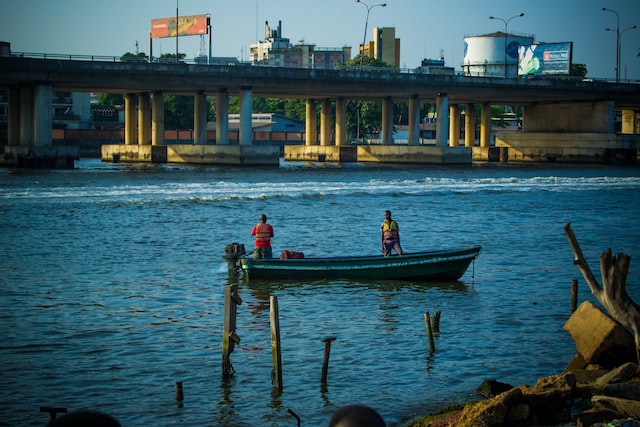Nigeria | What is the Legal Framework for Debt Collection in Nigeria? (2)
Contributed by CJP Ogugbara, CJP Ogugbara & Co (Sui Generis Avocats), Nigeria.
Creditors within Nigeria and outside have devised strategies for recovery of debts owned by Nigerian debtors.
Though there is no formalized or established institution in Nigeria that is saddled with the responsibility of collecting debts in Nigeria, creditors within Nigeria and outside have devised strategies for recovery of debts owned by Nigerian debtors. This strategy is usually achieved through a standby in-house debt recovery department. This department can be led or headed by a Law Firm contracted under a retainership contract for secretarial, legal and other ancillary services. Another option deplored by these creditors is contracting a Law Firm independently for the purpose of recovering the debt standing in favour of the creditors. The Law Firm under a retainership system is usually at liberty to engage an external Law Firm with proven expertise in recoveries, to pursue the legal proceedings for the recovery. In any case of any of the two scenarios above, the Law Firms take the place of a debt collecting agency, and they are under fiduciary relationship with the creditors that would in all circumstances require them to act in the best interests of the creditors. This relationship is treated with utmost good faith. It is noteworthy that where the case involves a Chinese who is not resident in Nigeria, and does not have any correspondent agent, employee or staff in Nigeria, the Nigeria Laws allow such creditors to donate powers of Attorneys or issue letters of authority to act in place of the creditor, in favour of the Law Firm contracted to collect the debts. This power of attorney assigns the debt portfolio to the collecting agencies who shall for all terms and purposes be assumed as the creditors.
From the foregoing, it is clear that there is no institutionalized legal framework for debt collection industry in Nigeria. This does not mean that recoveries are not made daily. There are permissible legal opportunities that enable recoveries even better than in Countries where there are institutionalized industries. There are several workable options to explore in order to recover debts in Nigeria. The most effective of these options is the litigation procedure. It is important to have proper risk analysis before trusting any potential buyer or debtor with goods and services on credit. It was also seen that in the absence of proper documentations, recoveries can be very cumbersome. Apart from retaining a law firm, a creditor can still achieve his debt recovery by engaging law firm with proven experience in debt collections. These approaches contribute immensely in making recovery less expensive.
Contributor: CJP Ogugbara
Agency/Firm: CJP Ogugbara & Co (Sui Generis Avocats)(English)
Position/Title: Founding Partner
Country: Nigeria
For more posts contributed by CJP Ogugbara and CJP Ogugbara & Co (Sui Generis Avocats), please click here.
The Q&A Global is a special column run by CJO Global, and serves as a knowledge-sharing platform to facilitate peer learning and networking, and to provide the international business community with a global landscape of this industry.
This post is a contribution from CJP Ogugbara & Co (Sui Generis Avocats). Established in 2014 as a Partnership Firm in Nigeria, CJP Ogugbara & Co has been working along and engaging in dispute management, litigation and arbitration, commercial practice: real estate and investment advisory, tax practice and energy consultancy. Apart from the core practice areas, they also facilitate and extend practice to the development of clients’ businesses and corporate interests, especially as they apply to the Nigerian economy and investment circle.
Photo by Sheyi Owolabi on Unsplash








